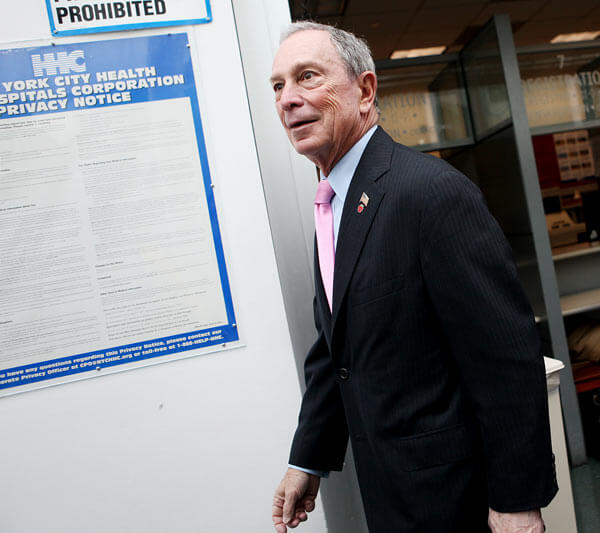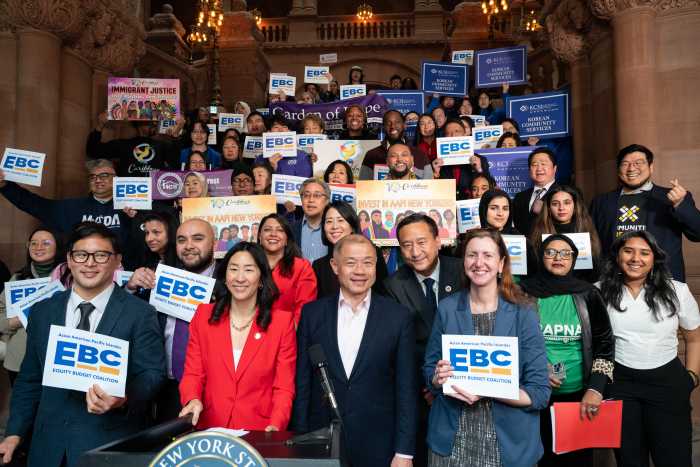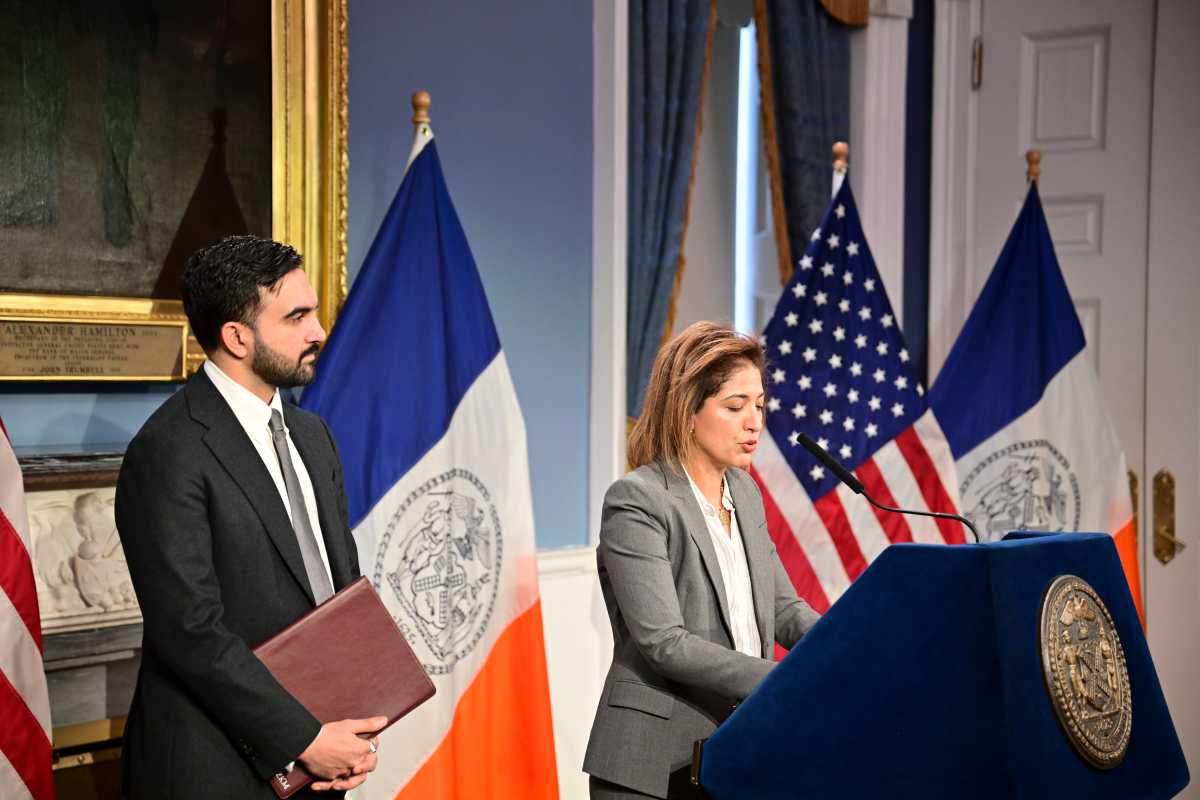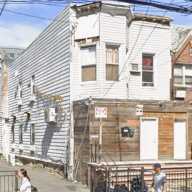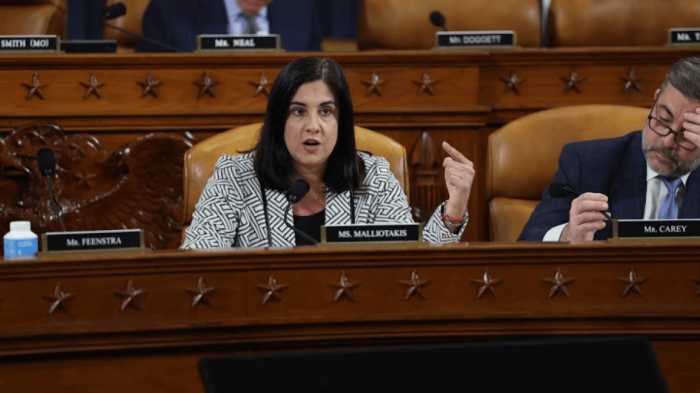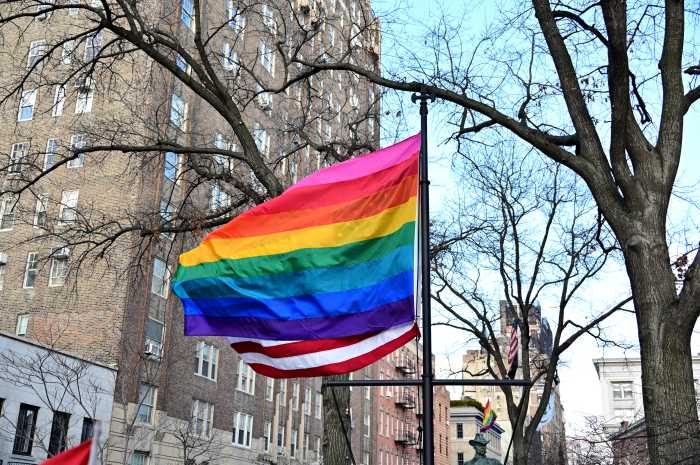By Karen Frantz
Ann Hussain, a manager at a Jamaica Hills grocery store, said she thinks a proposal from Mayor Michael Bloomberg that would require most retailers to keep cigarettes and other tobacco products out of sight is a bad idea.
“Whoever is going to smoke is going to smoke,” she said at her store, Hilltop Grocery, at the corner of Hillside Avenue and Parsons Boulevard.
Hussain said although she sympathizes with the proposal’s purpose to reduce the number of teen smokers, she said she always cards young patrons and does not sell to people under 18. She said a more effective way to reduce smoking rates among teenagers would be if police officers would ask for identification from those smokers they suspect of being underage or if the city targeted people who sell tobacco to youngsters.
As for the proposal’s effect on her store?
“Business will go down,” she said.
She said smokers would go elsewhere to buy cigarettes if they could not see them displayed, perhaps thinking her store did not sell them.
The mayor’s initiative would allow retailers to advertise that they sell cigarettes in their stores, however.
But another former Queens bodega clerk, Abdul Houue, said that may not matter. He said business would take a hit because many people in the city do not speak English and rely on visuals and pointing to request items they want to purchase.
“If people not see, how are people going to buy?” he said.
His friend, Mohammed Ali, a clerk at Evergreen Deli and Grocery, at 159-16 Hillside Ave., agreed.
“‘Give me this, give me that,’” he said is the way many people ask to buy things at his store.
City Councilman Dan Halloran (R-Whitestone) was also opposed to the mayor’s proposal due to what his spokesman said was an infringement of free speech and a potential blow to small business.
“[It’s] another case of the nanny-state obsession with controlling people’s lives,” the spokesman, Kevin Ryan, said.
But City Councilman James Gennaro (D-Fresh Meadows) is in favor of the proposal, speaking to its benefits alongside the mayor at a news conference at Queens Hospital Center Monday.
“Science and experience clearly tell us that the earlier kids start smoking, the more difficult it will be for them quit,” he said. “Eliminating enticing tobacco displays and low-cost cigarettes from unscrupulous vendors will yield tremendous health dividends that will compound in the future. Our children deserve that future.”
Bloomberg unveiled the tobacco display restriction proposal and another anti-smoking initiative as part of his quest to make the city healthier and make cigarettes less accessible to teenagers at the hospital, at 82-68 164th St.
“New York City has dramatically lowered our smoking rate, but even one new smoker is one too many — especially when it’s a young person,” Bloomberg said.
The first proposal would require most retailers to keep cigarettes hidden away in cabinets or under the counter. Bloomberg said he hopes the limitation would protect children from the advertising effects of such displays, contending that youngsters who are often exposed to tobacco displays are more likely to start smoking. He said if the measure passes the City Council, New York would be the first city in the country to restrict tobacco displays in such a way.
The second proposal would aim to keep the price of tobacco high by cracking down on smuggled cigarettes and prohibiting discounted tobacco sales.
Reach Karen Frantz by e-mail at kfrantz@cnglocal.com or by phone at 718-260-4538.

